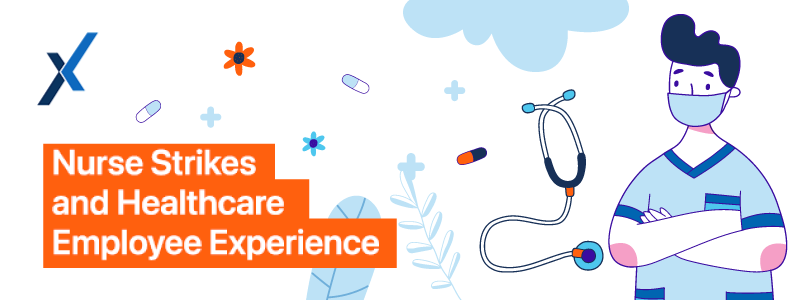In our post Covid world, the importance and value of our frontline workers has become even more apparent, especially those in the healthcare sector. When the pandemic changed the image of society as we knew it, it was healthcare employees – doctors, nurses, pharmacists, ambulance drivers, respiratory therapists, technicians, hospital security officers, and other staff members of healthcare, rehabilitation, and public health organizations – who emerged as heroes.
But what are the issues healthcare employees face in their workplace?
Healthcare by its nature of work, has a high level of psychological and physical demand. The high levels of stress, emotional upheaval, and long hours can take a big toll on healthcare workers, often causing disengagement and burnout.
According to a survey by Eagle Hill Consulting, one in every three healthcare workers (among which 39% are millennials) claim that the pandemic has made it harder for them to do their jobs on a daily basis. More than half the employees have reported facing burnout, and an alarming number of healthcare professionals have mentioned facing increasing levels of stress, resulting in anxiety, insomnia, and other mental health concerns.
Staffing shortages have proved to be one of the greatest challenges that continues to face the healthcare industry today. In fact, according to a study by the National Library of Medicine, the U.S. Bureau of Labor Statistics reported “that more than 275,000 additional nurses are needed from 2020 to 2030.”
Despite the dramatic decline in the quality of employee experience (EX) for healthcare workers, only 19% of those surveyed felt that their employers have actively made any effort to improve EX in the healthcare sector.
Nurse Shortages and Strikes:
The largest profession in the healthcare sector and the backbone of our healthcare system are approximately 3 million nurses. However, the world is facing a critical global nursing shortage, due to an expanding patient population who require more care than before.
Nurses are consistently voted as the most trusted profession in America for 20 years in a row, and continue to have a growing role in both the administration and delivery of healthcare. They spend much more time with their patients than other healthcare providers. In a recent study, nurses accounted for almost 86% of the duration intensive care patients spent with at least one healthcare professional, whereas physicians accounted for only 13% of that time. Even more time was spent with nurses in the event of overnight hospital stays.
Because of the global nurse shortage, there is an unsustainable pressure placed on nurses currently working. Nurses have to pull through multiple back-to-back shifts, while still delivering high quality, life-saving service. This, along with chronic underfunding, has led to industry disputes and strikes. According to a Cornell report, healthcare employees contributed to half of all the strikes in the United States in 2021.
According to the International Council of Nurses (ICN), the concerning increase of nurses going on strike is caused by the deep rooted issues in the severely weakened, and in some cases failing healthcare systems around the world, and is a sign of a global healthcare crisis.
ICN President Pamela Cipriano said: “Industrial action by nurses is always a last resort, but it is not surprising it is happening, given the state of the health systems nurses are having to work in, which do not enable them to deliver the high-quality care they expect. This is because of the pressures they are working under, the lack of value and recognition they receive, historic inequities related to gender, and poor pay and working conditions.”
Employee Experience in the Healthcare Industry:
Providing an optimum experience to nurses and other healthcare workers while offering competitive wages and paid leave should be a primary focus of health systems, in order to reduce absenteeism, employee turnover rates, and to keep their employees happy and productive. If poor experience translates into nurses striking, it can cost hospitals much, much more. A nine-month nurses strike at Massachusetts based Saint Vincent Hospital is estimated to cost the Tenet Healthcare-owned facility more than $40 million, according to a Boston Business Journal report.
For healthcare organizations, increasing engagement and satisfaction for your employees begins with Employee Experience (EX). With the power of the XMP, you can manage and optimize the experience of your healthcare employees, including nurses, and prevent them from quitting, thus preventing further shortages in staffing. As we saw, nurses are one of the most important pillars of the healthcare industry, and a crack in that can lead to long term damage and wear to the entire sector. It can not only lead to massive expenses for the hospital administrators, but also to a massive healthcare crisis!
But with better employee experience, there can be higher attraction and retention rates, which can combat the staff shortages in the short term, and help to stall and prevent this healthcare crisis in the long term.











